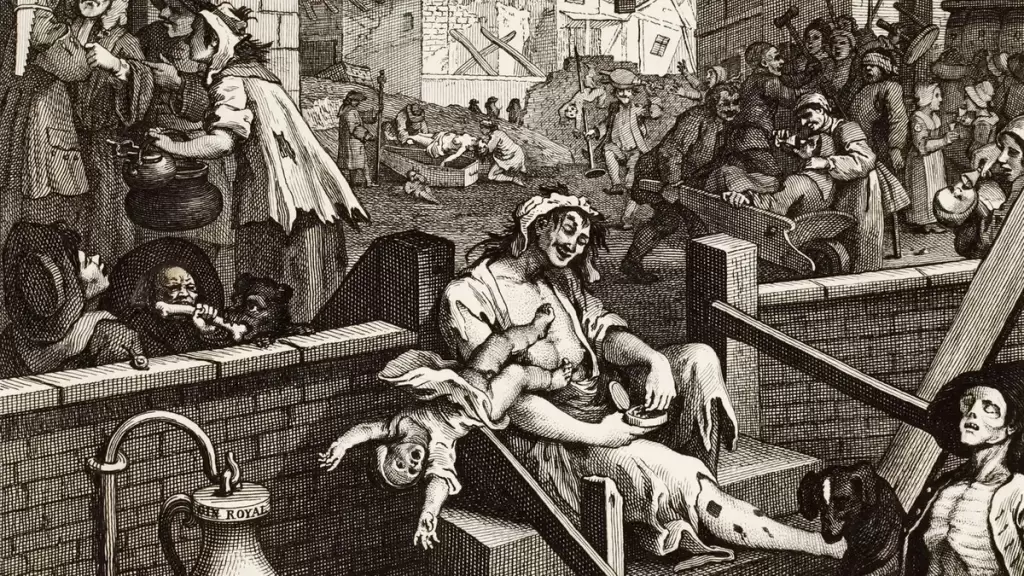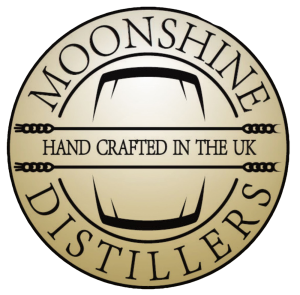A Brief History of Gin

It is claimed that Gin was first invented in 14th century by a Dutch physician, Franciscus Sylvius for medical purposes, although there were claims of being invented by Monks in Italy in spirits for ailments and pain, even Flanders has been claimed to be the origination country. In Holland it was called jenever that in Dutch means juniper, the main ingredient of Gin. Although way back in 1055 a treatment of tonic with Compendium Salernita infused with juniper was used by Monks.
In the 12th century Monks and Alchemists experimented for a water of life, an aqua vita and compounds that Physicians used to treat liver, kidney, stomach and other ailments.
In the three bubonic plague, Black Death outbreaks from the 13th century, people across the Europe drank juniper infused drinks and wore masks filled with juniper berries,mistakenly believing it would protect them against the plague.
In the period up to the 14th century through to the 15th century wine making distillation became popular, when distilled wine became known as the mistress of all medicines. The late 15th to16th centuries saw the art of distillation with grains mastered in Italy, soon spreading across Europe and the low countries and spreading across the English Channel to England, when juniper flavoured drinks began to be produced. Being rationed to the British naval officers’ and a cure for scurvy, a deficiency in vitamin C.
Early In the 17th century Gin became a popular drink in England and by the 18th century became the national alcoholic drink. By 1730 there were over 7000 gin shops and unlicensed drinking dens in London, selling gin they said was a throat-searing, eye-reddening, vomit-churning hell broth causing wide-spread alcoholism resulting in fights, murders, deprivation, and blindness, and became known as Mother Ruin. It was said blindness among those who frequented the drinking dens and gin shops in the teeming London slums were not infrequent. The infamous signage above the gas-lit gin cellars read, “Drunk for a penny; dead drunk for two pennies; clean straw for nothing.” The straw for when you passed out.
For many working class Londoners with their love affair with gin it became more than a drink. It sated desperate hunger pains, offered relief from the perpetual cold, and was a blessed escape from the brutal drudgery of life in the slums and workhouses. It gave cheap enjoyment that could be had for pennies on any decrepit street corner stand or in the bowels of some stinking cellar. With 10 million gallons being produced every year it quickly wrecked havoc on inner city London. London became so desperate it caused 1751 parliament Gin Act. It stopped Distillers from selling Gin to unlicensed Gin Merchants and increased the fees to Merchants, stopping Gin sale to Gin shops.



